
Fortune News | Sept 18,2021
Jan 9 , 2021.
There is something curious about elections that have been conducted in Ethiopia since the mid-1990s. Unlike the previous eras when they were held - the earliest elections being six decades back - they were supposed to take place upon the constitutional foundation of pluralism, under the promise of liberal democracy. There seemed to be circumstances indicative of this general trend in post-1995 Ethiopia.
In sharp contrast to electioneering during both the imperial and the military era, opposition parties were legally registered. Officials from the National Electoral Board used to hold meetings with their leaders. Campaigning was allowed around the country, and there was even time allotted to express alternative voices on state media. With all the political and logistical difficulties the country might have run into - the war with Eritrea and disabling factionalism within the ruling EPRDF - elections were never missed with 45,000 polling stations managed.
Then why were many of these elections, if not all, considered farce, lacking credibility in the eyes of the voting public?
It had to do with the political landscape. Elections were seen as a legitimising tool by those already in power instead of a meaningful attempt to allow voters to have their say. It was concluded that elections were only vehicles for installing a regime the pundits described as "electoral authoritarianism."
Voters remember the national elections when there was a meaningful challenge to the incumbent. In 2005, alliances in the opposition camp, such as the Coalition for Unity & Democracy, aka Qinjit, and the United Ethiopian Democratic Forces, aka Hibret, ignited passion, leading them to unprecedented gains in both federal and regional parliaments. They won a landslide victory in Addis Abeba, winning all but one seat in the capital's legislative chamber. This too was an opportunity squandered by Ethiopia's political elites on all sides, eventually leading to opposition leaders' arrests and prosecutions. Protests had been met with brute force.
In the elections that followed, in 2010, there was no more strong opposition challenge to the incumbent's hegemonic aspiration. Over the following decade, even media outlets that trumpeted views considered radical were restricted, while state media continued with its pro-incumbent stance, unwaveringly. There were laws infamous for narrowing the space for political contestations in party registration, media, civil society and terrorism. These were laws interpreted liberally to jail journalists and designate opposition leaders and civil society activists as terrorists.
Under such circumstances, the public could be forgiven for questioning the legitimacy of the election outcomes. The ballots may be counted fairly; but under an environment where the major contenders effectively neutralised their opposition and the ruling party was out in full force imposing its hegemonic ideals, it did not matter much. Pushing the moderate opposition to the edge, the EPRDFites had committed a cardinal political sin of letting the contestations for political power be held between them and those in insurgency and insurrection.
Ethiopia is once again bracing itself for national elections. It is curious to see how much it has taken lessons from its past failures.
It will be the acid test for the reconstituted National Electoral Board, which saw an electoral amendment and a freshly installed head in the person of Birtukan Mideksa. Barely two years on the job, she has not been without criticism, especially in how the Board pushed the poll last year, which was eventually postponed, contributing as a cause to the military conflict in Tigray. Still, the institution remains arguably independent. Few examples can be raised to suggest Birtukan and her team are under the executive's sway. Her assertiveness in pushing back on demands from the incumbent to change the electoral system in the middle of an election year says the contrary.
Birtukan has proposed June 5, 2021, as a polling date, a schedule that needs the nod from parliament. A massive operation, it would see close to 50,000 polling stations set up, three times as many poll workers trained, and 100,000 ballot boxes distributed to all but Tigray Regional State where the election is not planned this year.
But the Board is just one piece of the puzzle. There is more to elections than training poll workers, placing observers, drawing a timeline, and ensuring ballots' integrity. The other piece is the existence of a fair playing ground where voters feel empowered to vote, and parties and individual candidates campaign without fear of reprisals. This is much more up to the executive than a body established to administer elections such as the Board.
Prime Minister Abiy Ahmed (PhD) came to the office to promise, above all else, political reform. His pledge to ensure Ethiopia has credible elections rings high.
To see whether or not the same commitment exists today, at least a couple of critical elements need to be addressed.
One is the media landscape, particularly those that are publicly owned. It is a powerful reminder of the maxim that "old habits die hard," for the public media remains unrelentingly pro-incumbent. If there is any change, it is only in the messaging. The echo chamber preaching the gospel of a developmental state is now indoctrinating the virtues of "Ethiopian nationalism," a brand of nationalism of the national right.
The private media is doing no better. With several journalists having gone in and out of jail, the environment is intimidating for the few outlets that want to serve as platforms for genuine debate and public discourse. And the detentions of prominent opposition figures who are thought to pose meaningful challenges to the incumbent needs to be addressed.
More concerning is the current political landscape. Credible elections require a marketplace of ideas, and such a market needs to be open to those that have wildly diverging views from the incumbent. There must be an environment where it is possible to call out those with state power, especially over controversial matters deemed sensitive. There should be no issue beyond voters' scrutiny.
High on the list could be the decision to postpone the national elections that were originally expected to be held last year following the House of Federation's vote. It gave the current members of the two legislative houses one more year in office, despite the five-year constitutional limitation. It was a fateful decision leading to the biggest constitutional crisis the nation was faced with. It needed a political solution, but it was given a legal one - unconvincing as it was unhelpful.
Much more significant was the consequence of postponement, which accelerated the confrontations between the federal and Tigray regional governments. It eventually boiled over into an armed conflict, with all the consequences of war. There are no longer outspoken challengers on this topic that are left standing in the political ring. This is despite what a watershed moment it was for the country, especially in its details. Even if there appear to be widely held views that the federal government's military operation in the Tigray region is legitimate - which is lacking - there are too many issues to be raised about how it was conducted.
The military engagement in Tigray region - a sad and regrettable state of affairs that could have been avoided had sane minds prevailed - has seen the death of many thousands of people and the wanton destruction of properties. The refugee flow has continued with the number of people in camps in Sudan reaching over 50,000. The abdication of Ethiopia's sovereignty by Eritrean forces has become beyond a matter of dispute, and no less dumbfounding is the abdication of the sovereignty of the Regional State guaranteed under the Constitution by other regional states. There is no precedent for the involvement of forces of one Regional State in that of another. Understandably, the other side's argument would stand that this was an existential threat to the country.
The border skirmish between Sudan and Ethiopia was also consequential, which led to the area of al-Fashaga being occupied by the former. It is a rivalry over land that has long been unsettled, unless a deal in 2008 or treaties in the 1900s, which have never been wholly accepted by sections of the population on the Ethiopian side, count. It is another national matter concerning sovereignty, its current state, and how it should go forward.
Over these matters, the current administration would indeed have its ardent supporters. But it does not mean that access to public discourse should only be restricted to those that affirm the incumbent's position. Some critics needed to be heard. Their voice constitutes the most controversial issues in Ethiopia’s state of affairs over the past few years, if not decades.
National elections where these issues are not debated can hardly be called competitive, undoing the administration's pledges to ensure credible outcomes.
PUBLISHED ON
Jan 09,2021 [ VOL
21 , NO
1080]

Fortune News | Sept 18,2021

Films Review | Oct 26,2019
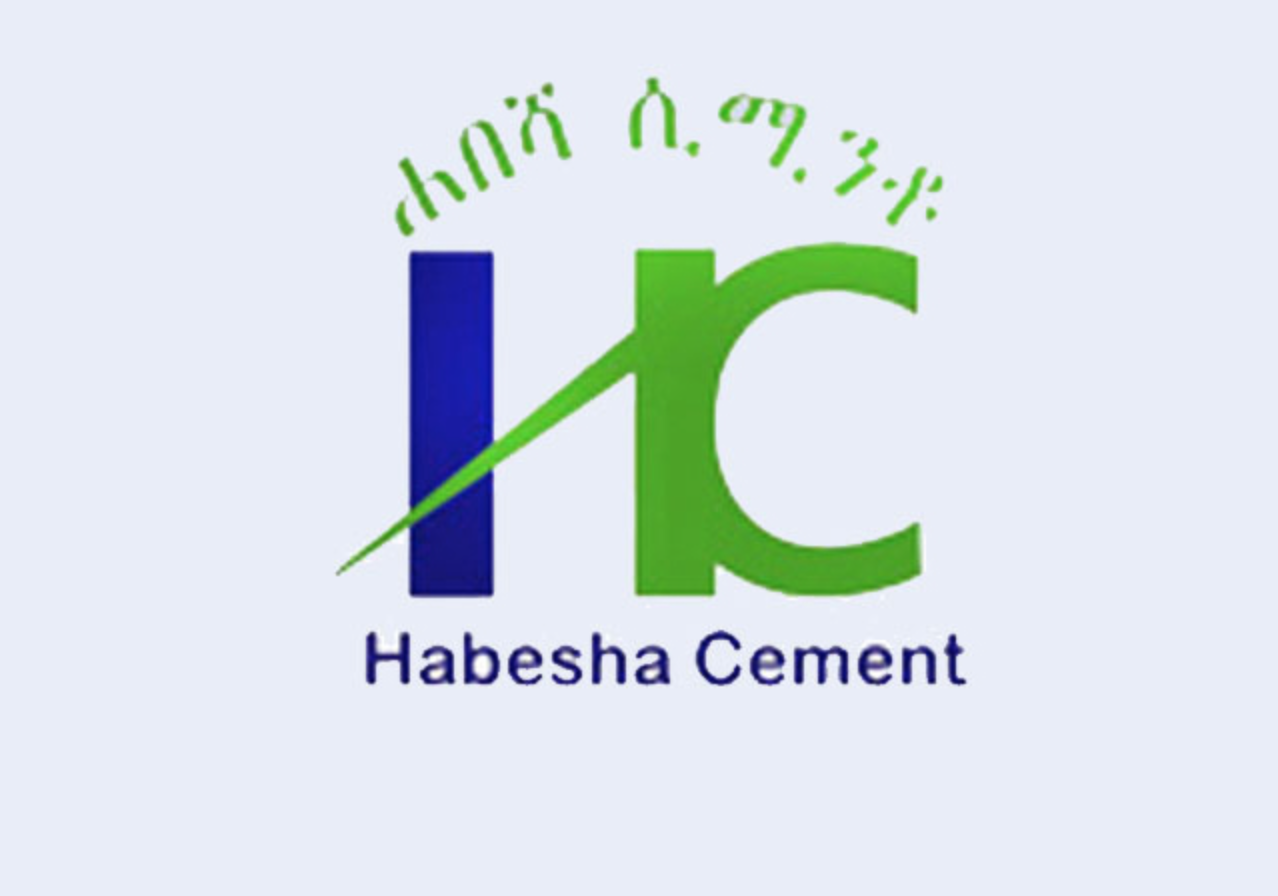
Fortune News | Oct 02,2021

Radar | May 23,2021
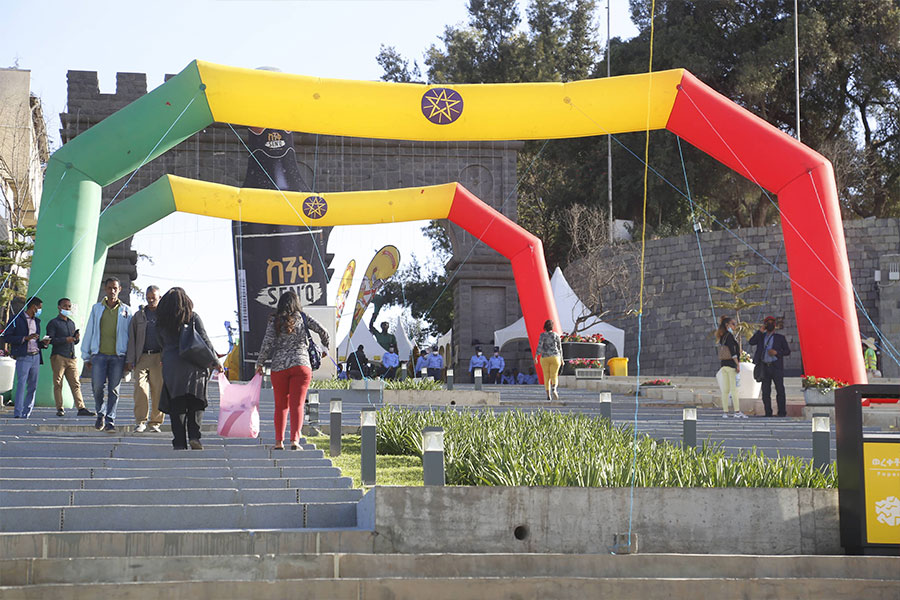
Agenda | Jan 01,2022
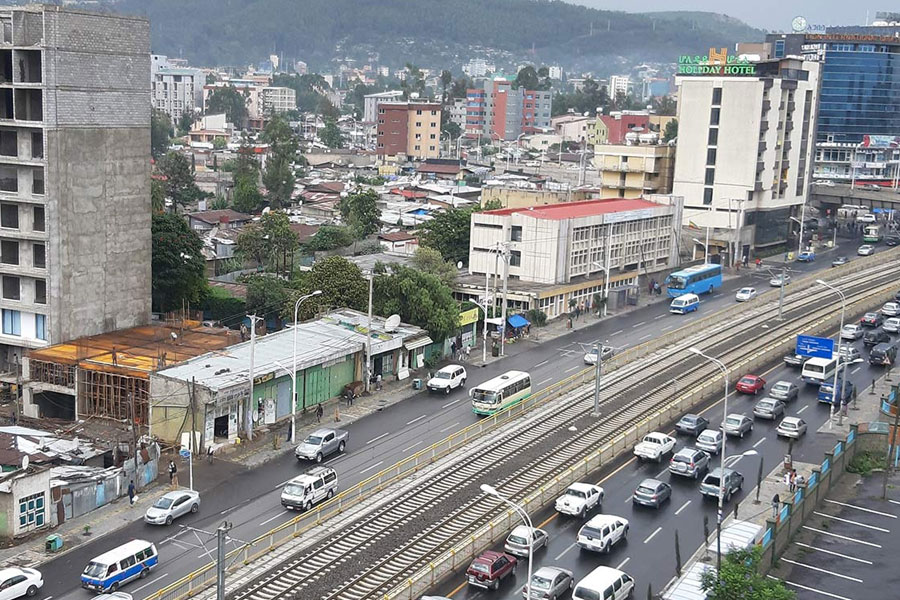
Fortune News | Jul 03,2021

Fortune News | Jun 19,2021
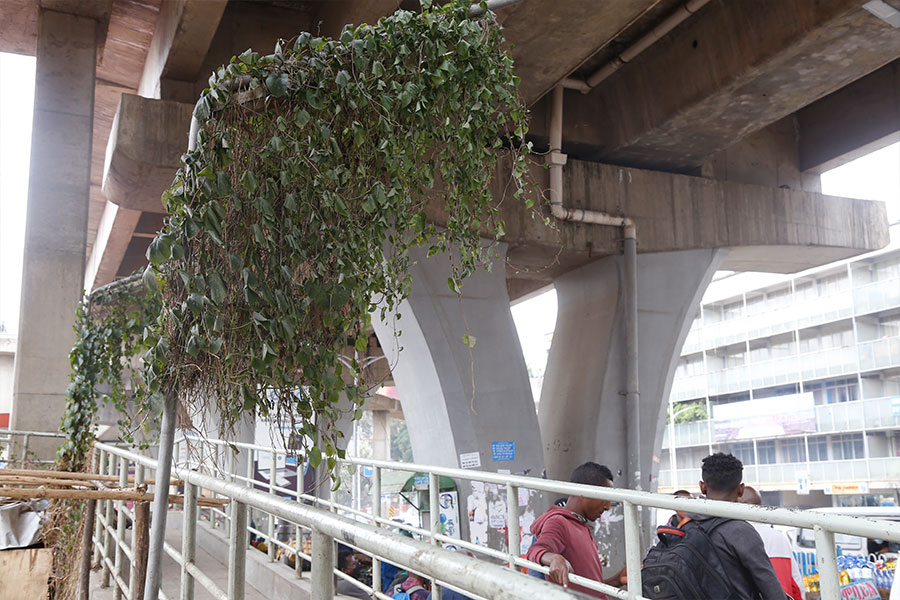
Radar | Jul 11,2021
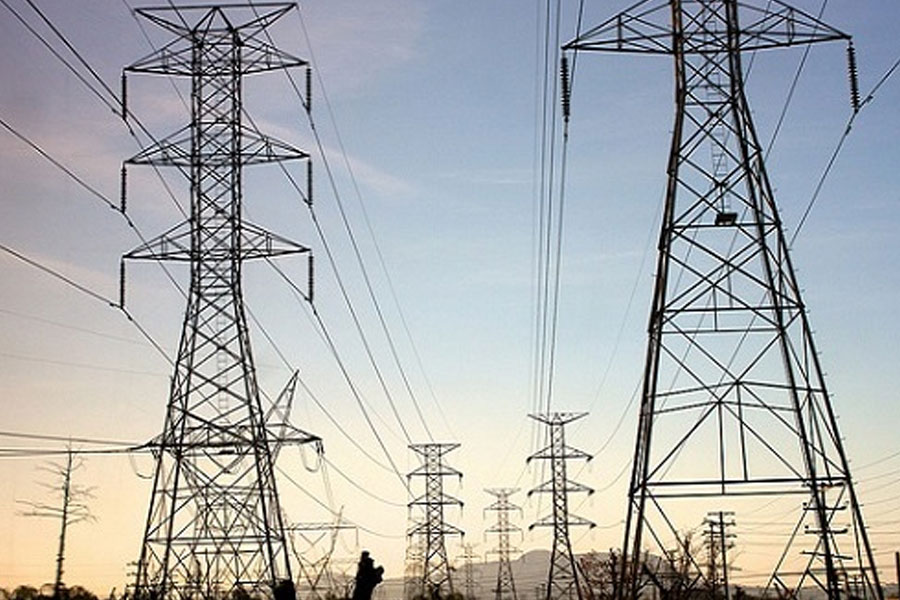
Fortune News | May 29,2021

Fineline | Jun 07,2020

Photo Gallery | 180579 Views | May 06,2019

Photo Gallery | 170772 Views | Apr 26,2019

Photo Gallery | 161852 Views | Oct 06,2021

My Opinion | 137295 Views | Aug 14,2021

Dec 22 , 2024 . By TIZITA SHEWAFERAW
Charged with transforming colossal state-owned enterprises into modern and competitiv...

Aug 18 , 2024 . By AKSAH ITALO
Although predictable Yonas Zerihun's job in the ride-hailing service is not immune to...

Jul 28 , 2024 . By TIZITA SHEWAFERAW
Unhabitual, perhaps too many, Samuel Gebreyohannes, 38, used to occasionally enjoy a couple of beers at breakfast. However, he recently swit...

Jul 13 , 2024 . By AKSAH ITALO
Investors who rely on tractors, trucks, and field vehicles for commuting, transporting commodities, and f...

Nov 2 , 2025
The National Bank of Ethiopia (NBE) has scrapped the credit-growth ceiling that had s...

Nov 2 , 2025 . By SURAFEL MULUGETA
The burgeoning data mining industry is struggling with mounting concerns following th...

Nov 2 , 2025 . By YITBAREK GETACHEW
Berhan Bank has chosen a different route in its pursuit of a new headquarters, opting for a transitional building instea...

Nov 2 , 2025 . By BEZAWIT HULUAGER
Nib International Bank S.C. has found itself at the epicentre of a severe governance...